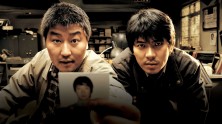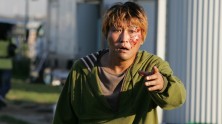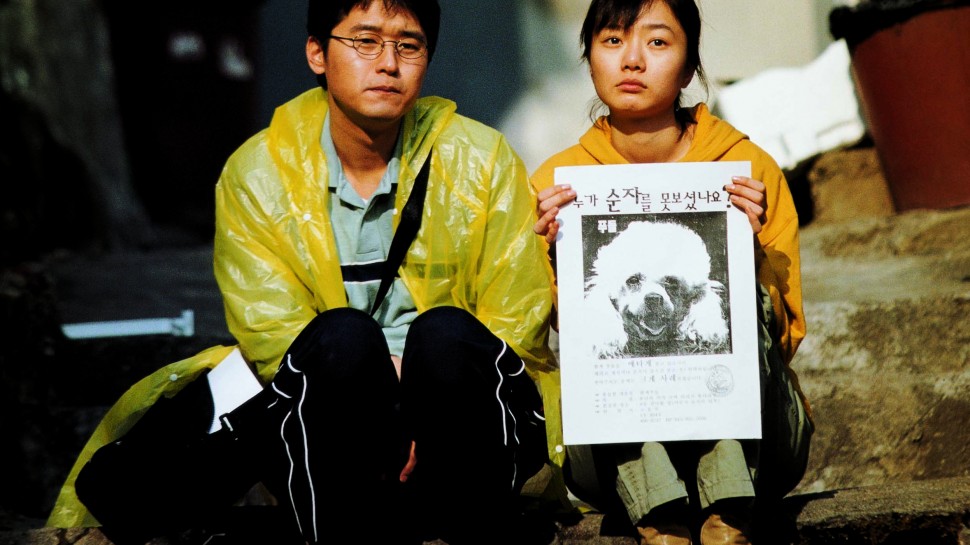
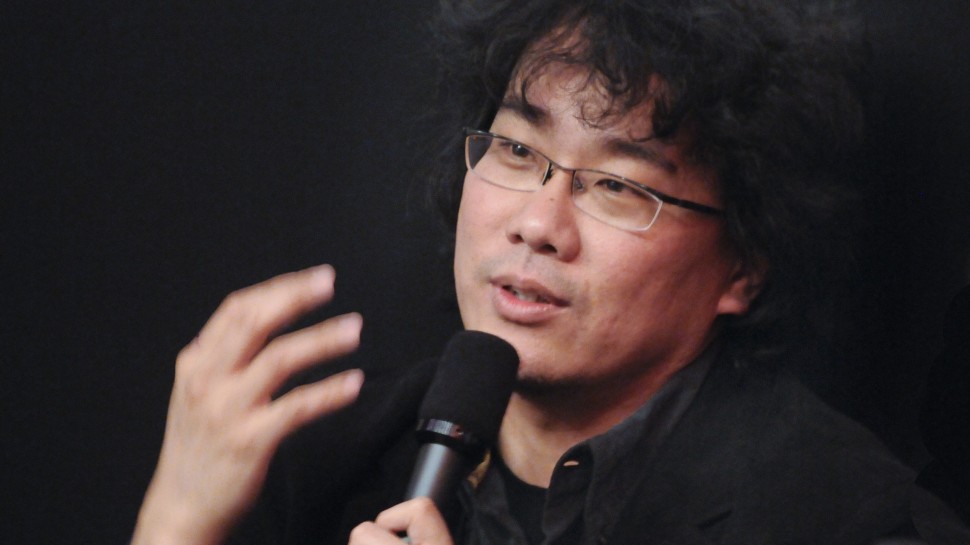
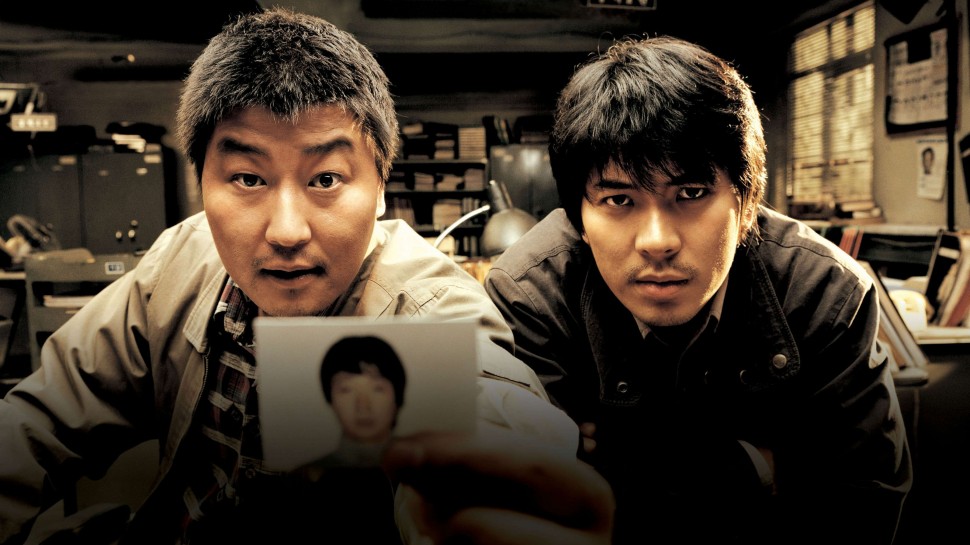
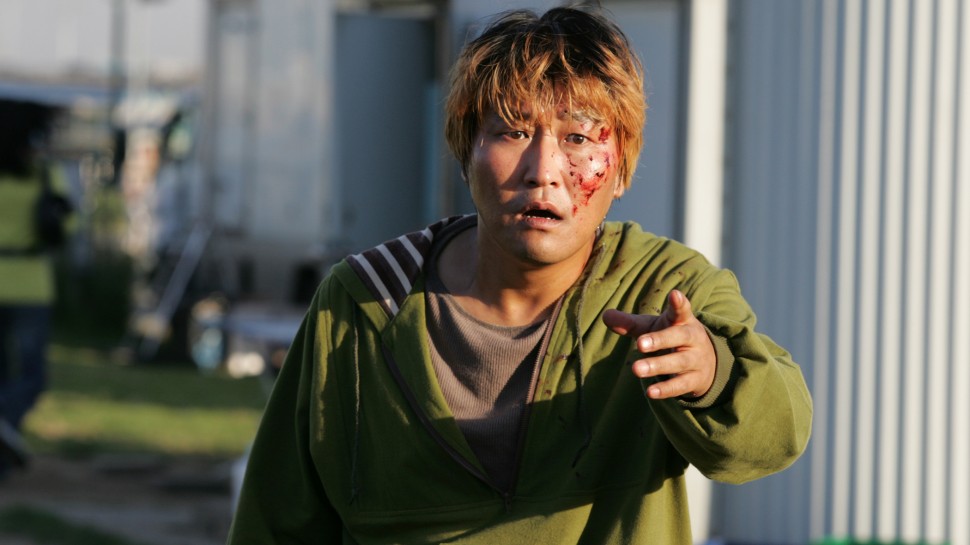
Bong Joon-ho.
The Pleasures and Terrors of Genre
The gripping films of Korean enfant terrible Bong Joon-ho (b. 1969) offer engaging and intense reinventions of popular genres that are animated by a flair for dramatically cinematic storytelling and sharp yet subtle commentary on the historical and political complexities of present-day Korean society. Bong’s interest in filmmaking evolved from his love of American cinema, in particular his admiration for those directors, from John Frankenheimer to David Lynch, who bend genre convention to their own particular ends. Equally important to Bong’s cinema, however, was his later discovery of two master Japanese filmmakers who exerted a profound influence upon his work - Shohei Imamura and Kiyoshi Kurosawa, two very different artists whose meticulously constructed narrative films are nevertheless similarly invested in oblique, often beautifully cryptic, commentaries upon contemporary society.
Bong’s singular talent lies in his ability to interweave multiple narrative strands, a wide range of memorable characters, and a dramatic spectrum of moods, from elegiac to terrifying to charming. Bong’s dark crime stories offer him the broadest range to fully sound the depths of his open-ended characters —and, by extension, the Korean nation. Ultimately, his work presents a cynical view of human nature, with the bonds of family, community and friendship constantly broken by cruelty, apathy and hypocrisy. Bong’s seemingly straightforward narratives are shadowed by strange enigmas, not so much over what is happening but in what the events ultimately mean, and whether his characters should be understood as heroic, tragic, grotesque or comic, an unsettling ambiguity that lends Bong’s films their haunting emotional depths.
Read the Boston Globe review here.

